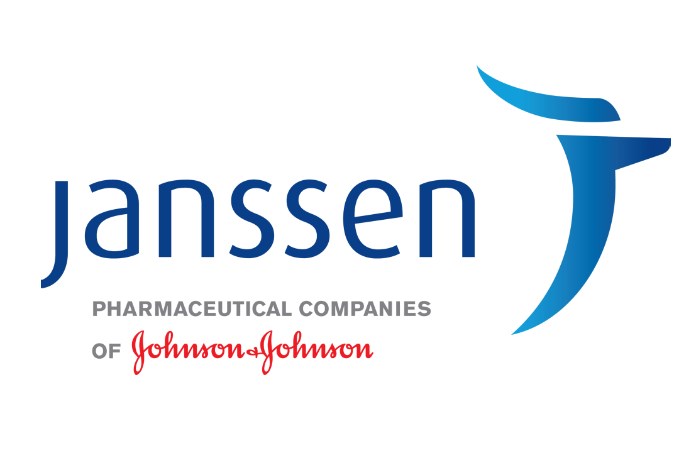Janssen Inc., the Canadian subsidiary of U.S. pharma giant Johnson & Johnson, recently took out a full-page ad in the Times Colonist that makes a number of unsupported claims.
The purpose of the ad was to warn British Columbians that the provincial health ministry’s new policy on biosimilar drugs is a threat to patient safety.
A few words of explanation: Biologic drugs are medications produced from living organisms. They are frequently used to treat chronic conditions such as Crohn’s disease, arthritis and diabetes.
Biosimilar drugs are medications that are nearly identical to biologics, but may be manufactured using a different process. The benefit is that they’re cheaper.
The province’s health ministry has said that patients on biologics will be switched to biosimilar drugs over the next six months.
In the ad, Janssen implied that biosimilars are different in medically important ways. That might make them unsafe for certain patients.
This is not accurate. Biosimilars contain the same active ingredients; it is merely the method of production that differs, and then only marginally.
And the procedure for licensing a biosimilar is daunting. Any company that wants to manufacture one of these drugs must submit reams of evidence, both about the chemistry of the medication and its means of production.
Then regulatory bodies such as Health Canada and the U.S. Food and Drug Administration conduct their own studies to see if the medication is safe and effective.
Here is the FDA’s statement on the matter of reliability: “FDA requires biosimilar products meet the Agency’s rigorous approval standards. That means patients and health care professionals will be able to rely upon [their] safety and effectiveness.” Numerous studies have supported this conclusion.
Janssen’s ad goes on to note a recommendation by Health Canada that the decision to administer a biosimilar drug should be made by the patient’s physician. The implication is that the ministry is ignoring this advice by overriding doctors.
This is, to put it mildly, somewhat misleading. Yes, Health Canada advises that physicians should have a say when their patients are switched to biosimilars.
But the province has made provision for that. Any doctor who is concerned about such a switch may apply to keep patients on their original drug. There is no issue here.
This is only the latest in a series of manoeuvres Janssen has employed to keep biosimilars off the market. In 2016, the firm offered Toronto’s Sunnybrook Health Sciences Centre a special deal.
If physicians at the hospital would give their inpatients Remicade, one of Janssen’s drugs undercut by biosimilars, they could have it for one cent per dose.
The hospital’s pharmacy supervisor described this as a “bribe,” and here, very likely, is the reason. Once those patients go home, their family doctor will most likely keep them on Remicade. And if they have a chronic disorder, they’ll probably be taking it for the rest of their lives.
Janssen also tried to induce Prince Edward Island to bust up the provincial consortium that manages drug prices. If P.E.I. would pull out, the company promised, Remicade would be made available at a greatly reduced cost.
Now if, as Janssen insists, its primary concern is for patients, why would the firm attempt to destroy a purchasing syndicate whose purpose is to find drugs that patients can afford?
Perhaps the greatest threat to sustainability in our health-care system is the growing surge of immensely expensive drugs. We’re talking about medications that can cost up to $3 million per patient each year.
It’s essential that health ministries find ways to manage the price curve downward. Unfortunately, they’ll have to do so over the dogged opposition of pharmaceutical companies such as Janssen that appear to put profit before patients.



